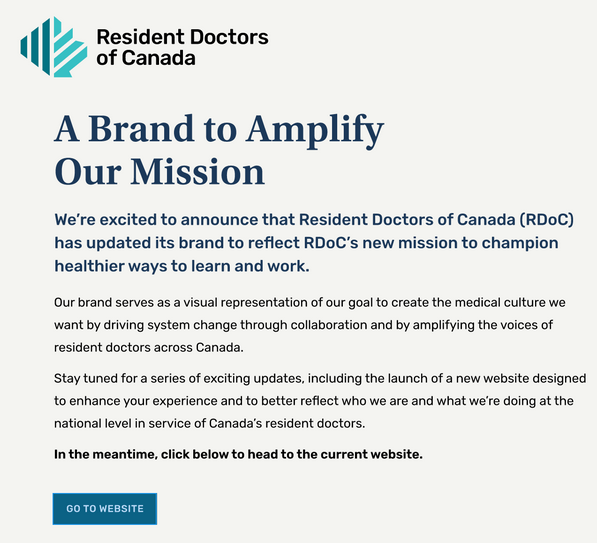ENTRY ROUTES
![]() Over the past six decades we have seen significant growth in the number of residency training disciplines certified by the Royal College and the College Family Physicians of Canada, including 29 Royal College specialities, 37 subspecialities, and 32 diploma areas, as well as 8 areas of enhanced skills in Family Medicine.
Over the past six decades we have seen significant growth in the number of residency training disciplines certified by the Royal College and the College Family Physicians of Canada, including 29 Royal College specialities, 37 subspecialities, and 32 diploma areas, as well as 8 areas of enhanced skills in Family Medicine.
Disciplines have a profound societal impact within health care, where resident doctors serve a dual role as both postgraduate trainees and health care providers. The mix of disciplines ultimately guides the supply of physicians in different specialties and locations across the country.
Entry routes, or how one enters into residency and one’s discipline is a key step in the postgraduate medical education system.
RDoC’s Role
RDoC has developed a formal position and national advocacy approach to address and influence changes in education delivery that align with patient needs and support learner transitions across the education continuum and into practice.
We believe that the mix of PGME entry disciplines, and their ability to serve the needs of the Canadian health care system, must be continually re-evaluated to ensure they are aligned with societal and patient needs, adequate generalist skills, and practice and career flexibility.
With this in mind, RDoC has identified four guiding principles around social accountability, coordination of decisions, versatility, and relevance to future practice.
Accompanying the principles is a comprehensive set of calls to action for medical educators, health authorities, and governments to consider when discussing entry routes and medical education reform.
RDoC is co-chairing the Entry Routes Working Group, which has reframed the discussion from “entry disciplines” to “entry routes”.


